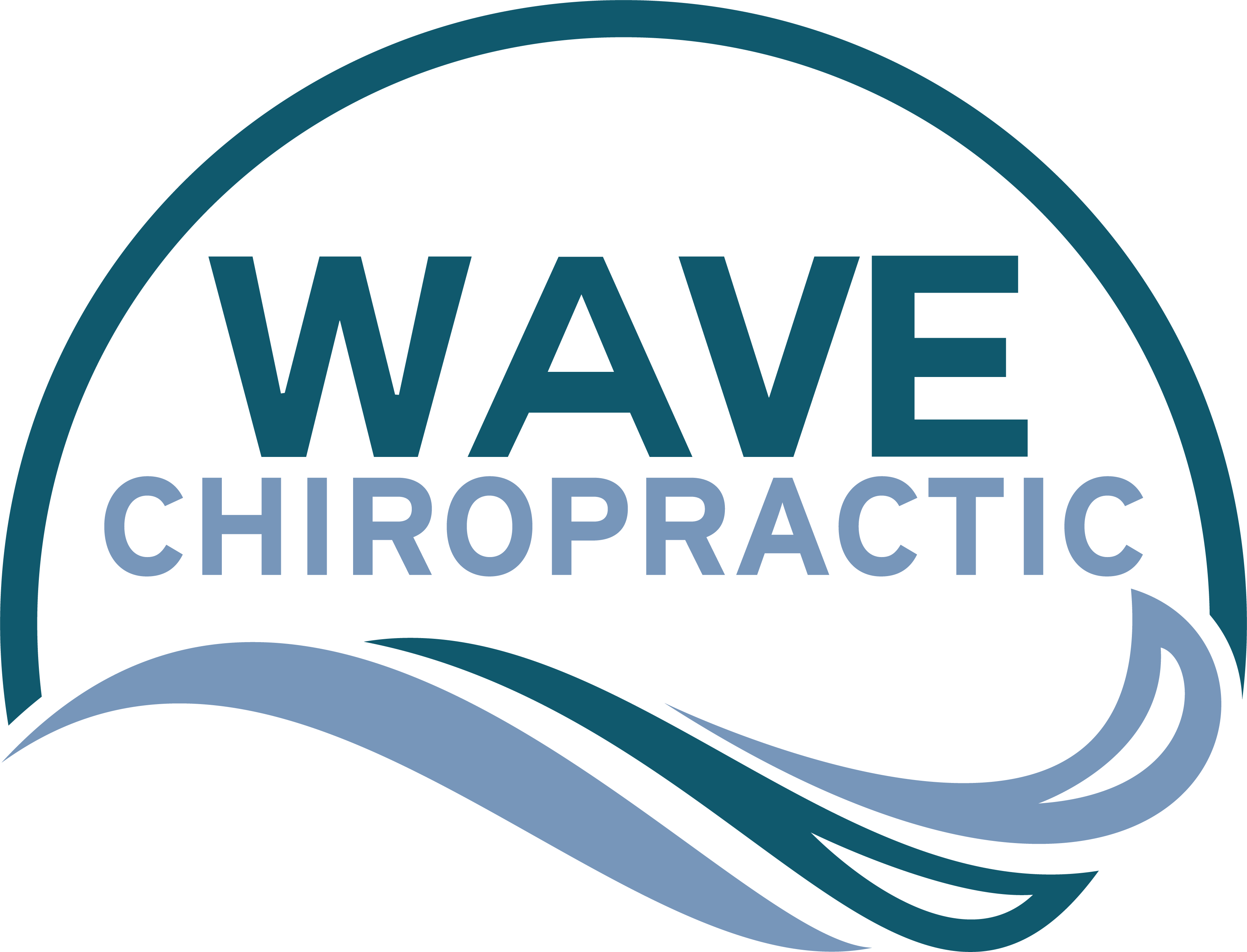When it comes to enhancing your recovery and performance as an athlete, understanding a few key strategies can make a significant difference. You might think that pushing harder is the only way to improve, but prioritizing rest, proper nutrition, and mental wellness is equally important. Each of these areas contributes to your overall efficiency and resilience. Curious about the specific tips that can elevate your training regimen? Let's explore how you can optimize your approach for better results.
Prioritize Rest and Sleep
Rest and sleep are vital elements of any athlete's recovery regimen. Without adequate rest, your body can't repair itself effectively, leading to decreased performance and increased risk of injury. You might think that pushing through fatigue is a sign of strength, but it's counterproductive.
Prioritizing sleep allows your muscles to recover, your mind to recharge, and your overall health to improve. Aim for 7 to 9 hours of quality sleep each night. This range is generally considered ideal for athletic recovery.
Create a bedtime routine to signal your body that it's time to wind down. Avoid screens for at least an hour before bed, as blue light can disrupt your sleep cycles. Instead, consider reading, meditating, or practicing gentle stretches to help you relax.
Naps can also play a significant role in your recovery process. A short nap of 20-30 minutes can boost your alertness and performance during training sessions or competitions. However, avoid long naps that can interfere with your nightly sleep schedule.
Fuel Your Body Properly
To maximize your recovery, it's just as important to fuel your body properly as it's to get enough rest. Nutrition plays a significant role in your performance and recovery process. After intense workouts, your muscles need the right nutrients to repair and grow stronger.
Focus on consuming a balanced diet rich in carbohydrates, proteins, and healthy fats. Carbohydrates are your primary energy source, so don't skip them. They replenish glycogen stores, which get depleted during exercise. Opt for whole grains, fruits, and vegetables to provide the energy you need for recovery.
Pair these with high-quality protein sources like lean meats, fish, eggs, or plant-based options such as beans and tofu. Protein aids in muscle repair and growth, helping you bounce back faster.
Don't forget about healthy fats. They support hormone production and overall cellular health. Include sources like avocados, nuts, seeds, and olive oil in your meals. Hydration is equally essential. Dehydration can hinder your recovery, so drink plenty of water throughout the day. You might also consider electrolyte-rich drinks, especially after intense training sessions.
Timing matters too. Try to eat a meal or snack containing both carbs and protein within 30 to 60 minutes after your workout. This window is significant for optimizing recovery.
Incorporate Active Recovery
Active recovery is an essential component of your training regimen that can boost your overall performance. Unlike complete rest, active recovery involves engaging in low-intensity exercises that promote blood flow and help your muscles heal without putting too much strain on them.
Incorporating active recovery into your routine can enhance your endurance, flexibility, and strength while reducing the risk of injury.
Here are three effective ways to integrate active recovery into your training:
- Light Cardio: Activities like walking, cycling, or swimming at a relaxed pace can keep your heart rate up while allowing your body to recover. Aim for 20-30 minutes of light cardio after intense workout sessions.
- Dynamic Stretching: Engage in gentle stretching routines to improve flexibility and reduce muscle soreness. Focus on dynamic movements that mimic the activities you perform in your primary sport, helping your body adapt and recover.
- Yoga or Pilates: Incorporating yoga or Pilates into your routine can improve your core strength, balance, and flexibility. These practices also promote relaxation, which can further support your recovery process.
Focus on Mental Wellness
In the midst of rigorous training, it's easy to overlook the importance of mental wellness, yet it plays an essential role in your overall performance and recovery. Your mind's state greatly impacts how you train, compete, and recover. To optimize your mental wellness, start by integrating mindfulness practices into your routine. Meditation, deep breathing exercises, or simply taking time to reflect can help you manage stress and improve focus.
Another key aspect is setting realistic goals. Break down your objectives into manageable steps. Celebrate small victories along the way, as this builds confidence and keeps you motivated. Remember, progress isn't always linear, and it's important to be patient with yourself.
Additionally, make sure to maintain a support system. Surround yourself with friends, family, or fellow athletes who uplift you. Sharing your experiences and feelings can alleviate stress and provide fresh perspectives on challenges. Don't hesitate to seek professional help if you're feeling overwhelmed; a sports psychologist can offer valuable tools for coping with pressure and anxiety.
Lastly, allocate time for rest and leisure activities. Engaging in hobbies outside of your sport can recharge your mind and prevent burnout. Balance is essential—you're not just an athlete; you're a whole person.
Stay Hydrated and Balanced
Staying hydrated and balanced is essential for peak athletic performance and recovery. Proper hydration keeps your muscles functioning efficiently and helps regulate body temperature during intense workouts.
When you're dehydrated, you risk fatigue, decreased coordination, and even injury. To maintain hydration and balance, consider these three key strategies:
- Drink Water Regularly: Don't wait until you're thirsty. Make it a habit to drink water throughout the day, especially before, during, and after workouts. A good rule of thumb is to aim for at least half your body weight in ounces of water daily.
- Include Electrolytes: Along with water, your body needs electrolytes to maintain fluid balance. After intense exercise, replenish these essential minerals through sports drinks, coconut water, or electrolyte tablets. This will help you avoid cramping and fatigue.
- Balance Your Diet: Focus on a well-rounded diet that includes a variety of fruits, vegetables, whole grains, and lean proteins. Foods rich in potassium, magnesium, and sodium can enhance hydration and support recovery.
Incorporate hydrating foods like watermelon, cucumbers, and oranges to boost your fluid intake.
Conclusion
Incorporating these tips into your routine can greatly enhance your recovery and performance. Prioritizing rest and sleep, fueling your body with the right nutrients, and engaging in active recovery will keep you at your best. Don't forget about your mental wellness; mindfulness and a strong support network are essential. Finally, staying hydrated is vital for peak performance. By following these strategies, you'll not only recover faster but also elevate your athletic game to new heights.

